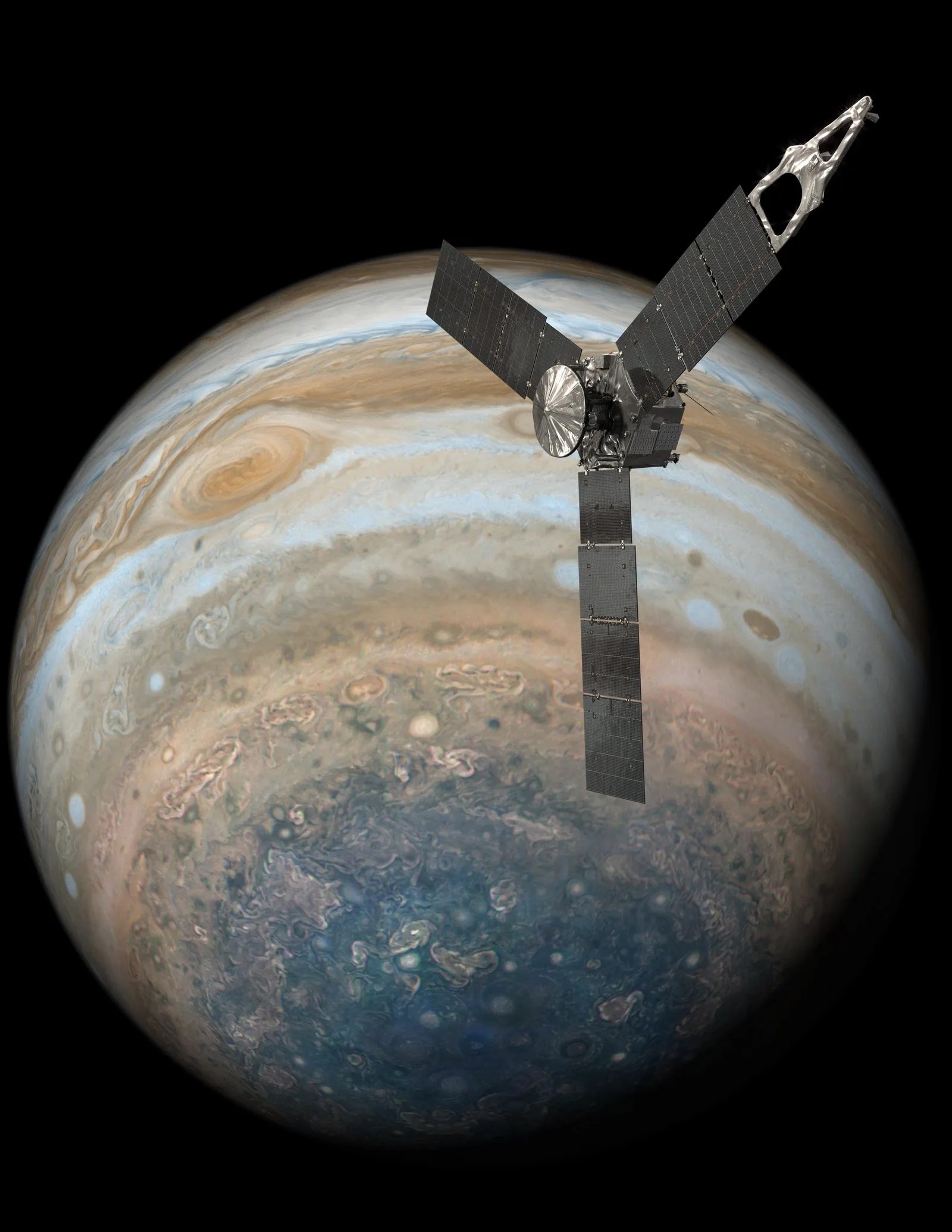2 min read
NASA Science Activation's Growing Beyond Earth project is a 6th-12th grade classroom-based citizen science project developed by Fairchild Tropical Botanic Garden in partnership with scientists at NASA, designed to advance NASA research on growing plants in space. It includes a series of plant experiments conducted by students in a Fairchild-designed plant habitat similar to the Vegetable Production System (Veggie) on the International Space Station. Tens of thousands of middle and high school students and their teachers nationwide have contributed hundreds of thousands of data points and tested 180 varieties of edible plants for NASA, with four having been flown on the International Space Station based on the student's results.
On April 20, 2024, 400+ students and teachers from 75 schools across the nation (and world) gathered at Fairchild Tropical Botanic Garden to participate in the annual Growing Beyond Earth Student Research Symposium. Participants presented their original ISS-analogue space crop research in-person to a panel of judges from NASA Kennedy Space Center and/or virtually to two dozen university and NASA scientists. Experiments ranged from “Effect of Sargassum Extract Fertilizer on Growth of Chervil Vertissimo” to “Magnetoelectric Effect on Purple Magic Pac Choi”. A big congratulations to all the teacher and student scientists who presented their research and much heartfelt appreciation to all involved in Growing Beyond Earth for inspiring and encouraging the next generation of explorers.
Middle or high school teachers interested in bringing Growing Beyond Earth Citizen Science into your classrooms are invited to join the upcoming information sessions, during which the Growing Beyond Earth team will explain the program and its implementation in the classroom (followed by a Q&A session).
Two Dates Available:
June 10, 7-8 p.m. EST: Join the Webinar
July 1, 11 a.m. - 12 p.m. EST: Join the Webinar
The Growing Beyond Earth project is supported by NASA under cooperative agreement award number NNH21ZDA001N-SciAct and is part of NASA’s Science Activation Portfolio. Learn more about how Science Activation connects NASA science experts, real content, and experiences with community leaders to do science in ways that activate minds and promote deeper understanding of our world and beyond: https://science.nasa.gov/learn








